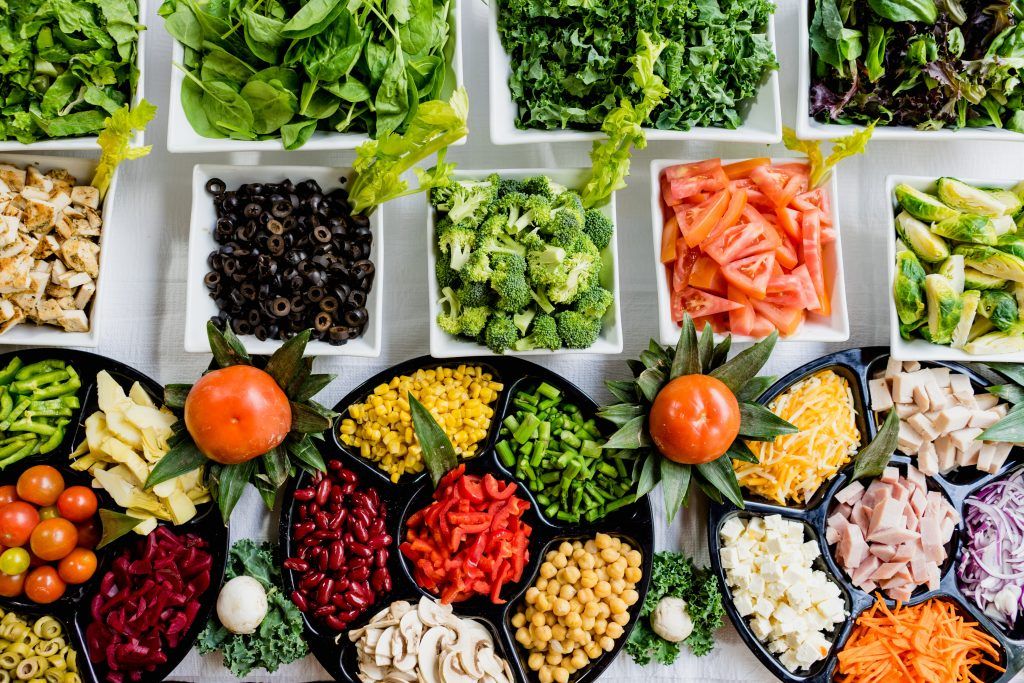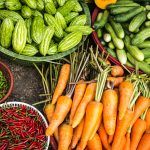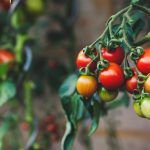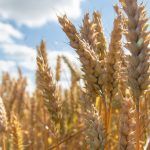Expected Outcome
In line with the European Green Deal priorities, the farm to fork strategy for a fair, healthy and environmentally friendly food system, and the EU’s climate ambition for 2030 and 2050, the successful proposal will support R&I to promote the production, provision and consumption of alternative sources of proteins as well as dietary shifts towards sustainable healthy nutrition. This will contribute to transforming food systems so that they can deliver co-benefits for climate (mitigation and adaptation), biodiversity, environmental sustainability and circularity, dietary shifts, sustainable healthy nutrition and safe food, food poverty reduction and empowerment of communities, and thriving businesses.
The EU’s farm to fork strategy states that: “European diets are not in line with national dietary recommendations, and the ‘food environment’ does not ensure that the healthy option is always the easiest one”.
The food environment, which makes the link between food supply and diets, is one of the determinants of consumer choices and food production. As such, food environments are essential to enabling a dietary shift towards less livestock-based and less highly processed food (e.g., more fresh and minimally processed fruit and vegetables, plant-based and aquatic food to tackle the over-consumption of meat and dairy). Much more R&I is needed on food environments to ensure that environmental sustainability and health objectives can be achieved.
Projects results are expected to contribute to all of the following expected outcomes:
- Improving the effectiveness and efficiency of food environments to ensure that people, including the most vulnerable groups, have choices in terms of alternative proteins (e.g. plant-based, microbe-based, ocean-based (i.e. fish, algae, invertebrates), fungus-based, insect-based), to foster a dietary shift (accessibility and availability).
- Ensuring an overall improvement in public health as a result of this shift, with a shift towards healthy, sustainable and diversified dietary patterns in line with national dietary advice.
- Reducing the environmental burden of European diets, including but not limited to greenhouse gas (GHG) emissions, air pollution and impact on ecosystems, improving circularity (e.g. food waste and by-products), providing new, sustainable and healthy products made of alternative sources of proteins to consumers.
Scope
According to studies carried out by Milford et al. (2019)[1] and Castellani et al. (2017)[2], consumer choices depend on the food environment that ensures the availability of and access to food. The behavioural sciences suggest that, to achieve a meaningful dietary shift, a choice architecture should be designed to promote healthy and sustainable food preferences.
Deadline
15 February 2022







Leave a Reply